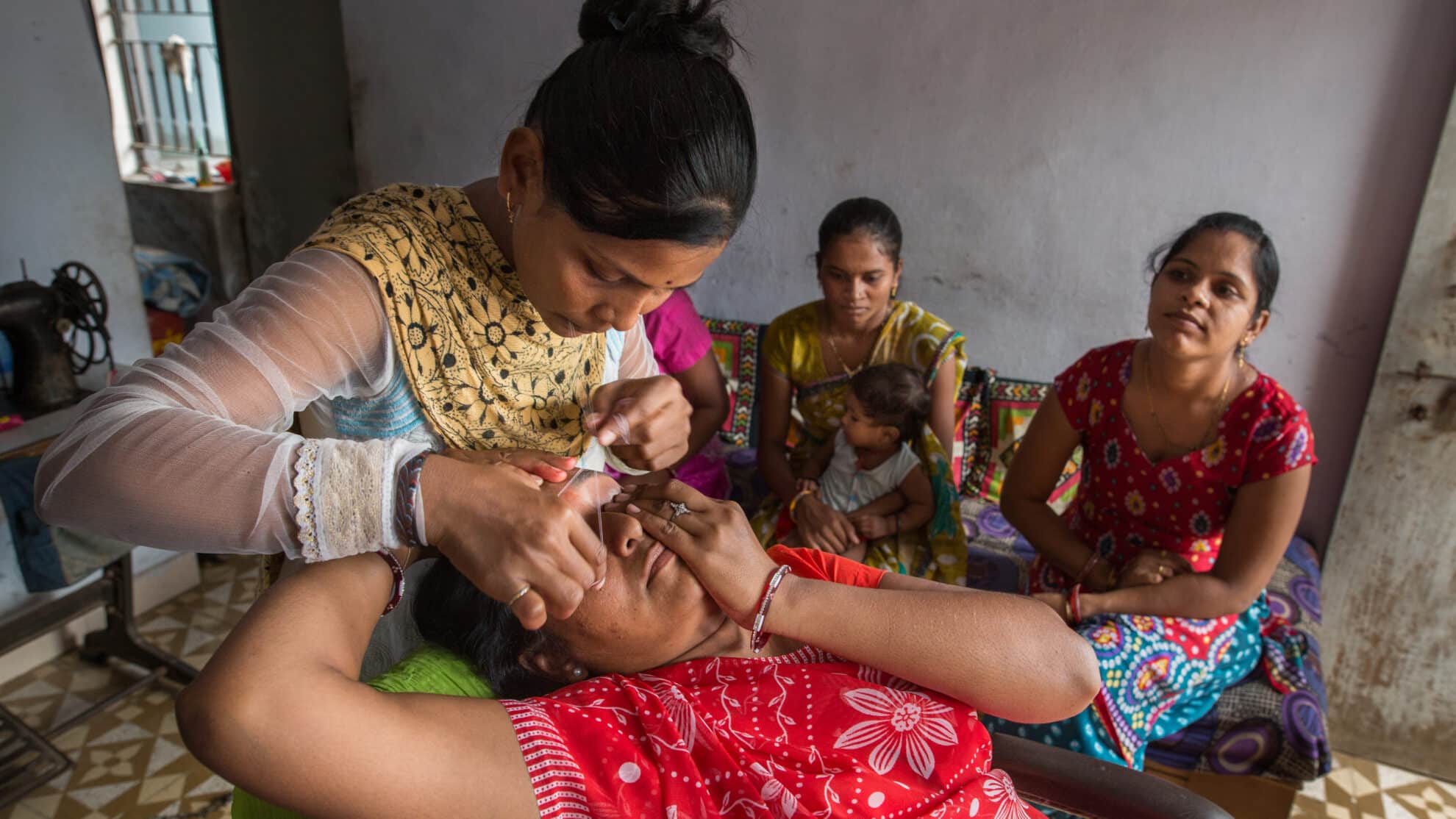Around the world, many workers in informal employment work in collectives that enable them to strengthen their livelihoods and their dignity as workers.
They choose to organize around principles of cooperation, solidarity, and democratic management and governance – and have found in the social and solidarity economy (SSE) a path to improved incomes, productive capacities, working conditions and more.
The SSE encompasses cooperatives and other associations and organizations engaged in economic, social and environmental activities where the main objective is the well-being of members and the community, rather than a primary focus on profit.
Workers in informal employment typically have lower earnings and fewer protections than their formal counterparts. They often lack access to credit and other financial resources, and by definition are excluded in law or in practice from legal and social protections.
As individuals, overcoming these structural barriers is challenging, but through coordination and sharing resources and information workers are collectively achieving what would otherwise seem impossible.
In light of the United Nations Year of the Cooperative in 2025, WIEGO is showcasing the ways in which cooperatives and other SSE organizations support workers in informal employment. Drawing on examples from the Self-Employed Women’s Association of India (SEWA), the Unión de Trabajadoras y Trabajadores de la Economía Popular (UTEP) in Argentina, and the Federation of Informal Workers’ Organizations of Nigeria (FIWON), this first blog in our series shows how cooperatives improve workers’ economic and productive capacities by reducing operating costs, helping workers obtain better prices, and creating saving schemes and other financial services.
In India, the SEWA Bank aims to grow its members’ self-sufficiency
Formed in 1972 in Ahmedabad, SEWA is a national trade union of over 3.2 million women workers in the informal economy who earn their living through their own labour or small businesses. Its members experience the economic hardships of informal employment, compounded by factors such as India’s caste system and the roles socially assigned to women.
In India, women in informal employment are largely unable to invest in improving their production processes because traditional banks do not give loans to women who are considered poor – so SEWA set up a cooperative bank in 1974 to meet its members’ needs. SEWA has built on this move towards self-sufficiency.
The services the SEWA bank offers include savings plans and accounts, and loans structured with appropriate terms of payment for women in informal employment. Also, the bank recently introduced schemes that allow saving for pensions.
In Argentina, cooperatives form textile production hubs that increase incomes
In Argentina’s textile sector, the Popular Economy Workers’ Trade Union (Unión de Trabajadoras y Trabajadores de la Economía Popular, UTEP) has set up cooperatives, gradually transforming production.
UTEP grew out of the Excluded Workers Movement (Movimiento de Trabajadores Excluidos, MTE) where people squeezed out of the formal labour market came together. The movement started more than two decades ago during a financial crisis that left one-fifth of Argentina’s labour force unemployed.
Textile production was initially carried out in the homes of workers in informal employment – and, over time, this has moved to spaces that the cooperatives rent to create production hubs. Operating costs have dropped substantially as workers and small production units join together in these hubs and share machinery and other equipment and costs. The cooperatives also facilitate wholesale purchasing of raw materials, which has lowered costs for their members.
The cooperatives have found their greatest impact here is increasing textile workers’ bargaining power. By producing collectively and selling directly to buyers, the cooperatives negotiate better prices and higher income for their members than when they marketed their textiles individually.
Cooperative in Nigeria offers members savings and loan packages
The FIWON Multipurpose Cooperative Scheme is an outgrowth of the Federation of Informal Workers’ Organizations of Nigeria, a union of informal trade associations established in 2010 that has about 25,000 members nationwide.
FIWON facilitates access to insurance – as well as providing savings and loan packages and other schemes – for its members. It has chapters in Lagos and Osun.
There is a solidarity savings and credit system, which allows members flexibility in payments and at the same time encourages responsible use of resources.
While there are several models of solidarity savings and credit systems, a required minimum savings amount – paid monthly or adjusted to the economic flows of the members' productive units – is most widely recommended. The benefits of this model are that it promotes a culture of savings and planned financial management, and enables the system’s managers to predict the availability of funds to grant loans and ensure liquidity.
*Next in this blog series, we will look at how cooperatives help members to access health care and more.
